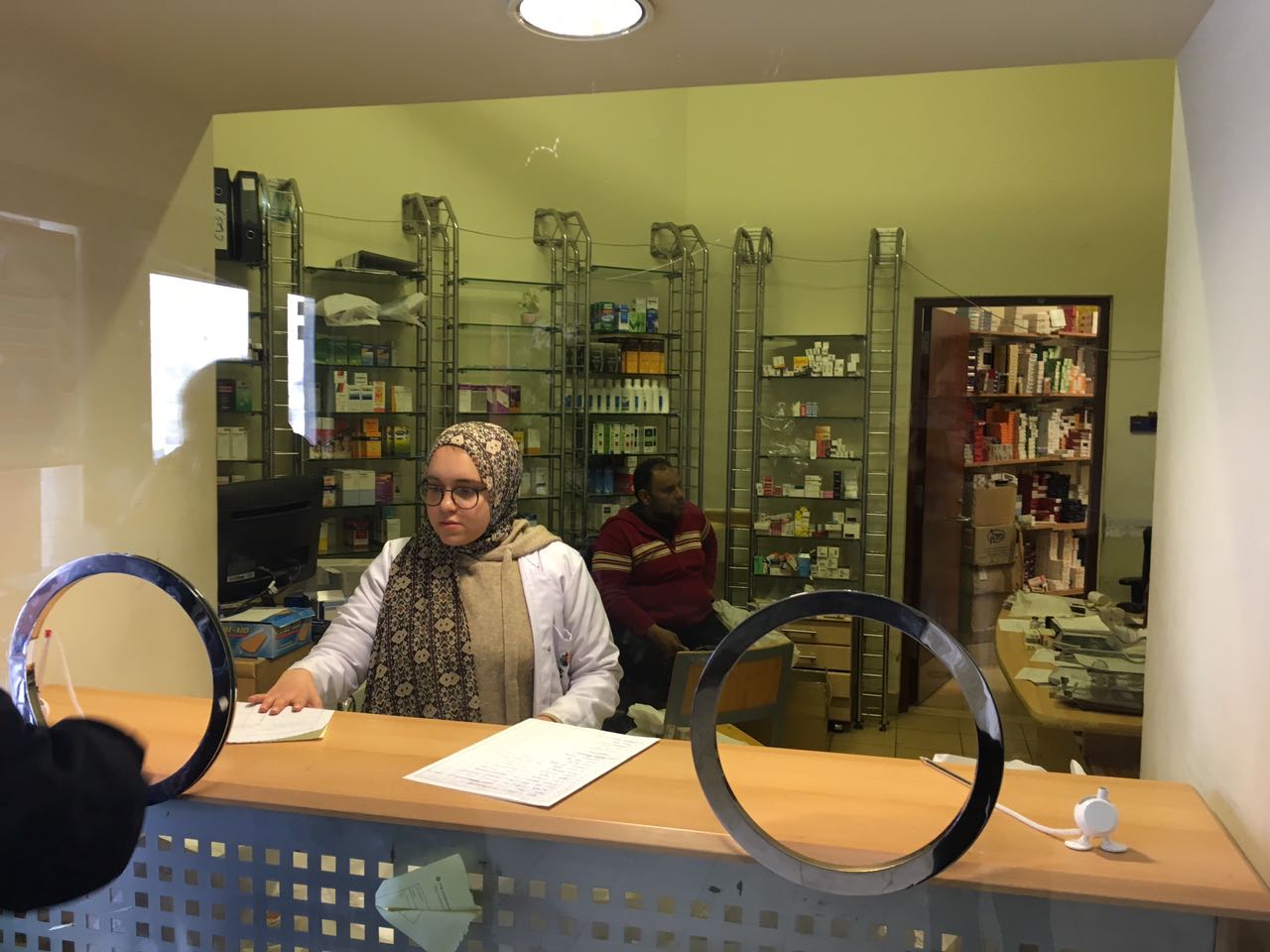Students Petition Against New Mandatory Health Insurance
By Hussein El Moataz
Dean of Students George Marquis informed the student body in a January 24 email that an additional EGP 600 would be required for medical insurance coverage as part of tuition payment.
The email said the fee entitled students to 100 percent coverage for hospitalization, ambulance transportation, and doctor’s visits within the network.
The coverage, provided for by Libano-Suisse, also provides up to 80 percent coverage for medicine, and up to 80 percent coverage for hospitalization and visits outside the network.
“It is very common in American universities for students to have medical insurance and be required to have that insurance. You want to be assured that when you have medical insurance, you can get it,” Marquis told The Caravan.
The health insurance policy before this semester was optional, but by making it mandatory, the University was able to bring down the cost.
The policy was first prepared three years ago, but was only finalized prior to the start of the Spring semester.
“In some universities, it is very expensive to receive medical care and medical insurance makes that cheaper because you’re insuring a large number of students… it’s like an economy of scale. It is a very cost effective way to protect students,” Marquis added.
But students took to Facebook and other online platforms to question the University’s decision.
Assel Azzab, a political science senior and one of those who spoke up against the measure, said that the University continues applying policies without earlier notifications, which also occurred with the newly-introduced drugs and campus access (commonly referred to as the ‘niqab’) policies.
However, a source from the administration, who has asked to remain anonymous, told The Caravan, that the Student Union (SU) is usually updated with any new policy at least a month before its implementation, but that this was not communicated to the student body.
SU President Mohamed Gadalla confirmed this to The Caravan.
“I think that this insurance policy is very good and gives the student a lot of benefits with low costs, and I am for it as long as people who do need it are exempted from it,” he told The Caravan.
Nevertheless, some students oppose the new policy because they already have medical insurance.
However, the University’s email stated that whoever has insurance must provide proof in order to be exempted from paying the additional costs and filling an online form.
“Health insurance is similar to the other qualifications that we ask for, so if we have for example an SAT score or a cut-off with the GPA, lab fees and so on, ” said Marquis.
Other students opposed the insurance for ethical, ideological and religious reasons, alleging that insurance is part of a “scheme” to gain profit that benefits the insurance company more than the students in the end.
“When students are insured, the likelihood that they will seek medical care promptly rather than much later is higher. Ideological arguments for remaining uninsured do not address what the uninsured will do when they become sick,” Marquis said.
“When they do not seek treatment, the possibility of their becoming gravely ill, and/ or infect other students is a primary concern of ours. The flu epidemic this year, in which many healthy persons have died, is a good example of why seeking immediate medical help is so important.”
The SU’s Associate Chair for Representation Omar Atef believes that the program is very beneficial to the students as long as it does not cause any harm.
However, he added that he is not aware on whether the new policy was approved by the senate.
Azzab, however, said that the University must include students in the decision-making process, in addition to being transparent when it comes to how they choose the service provider.
An employee in Libano- Suisse, who has asked to remain anonymous, said that this was not the first cooperation between the company and AUC, adding that some of the University’s staff members are subscribed to insurance plans.
Eman Ahmed, an AUC staff member who was previously subscribed to Libano-Suisse, said that while it is a good coverage plan, there is often miscommunication.
“If you’re sick and you don’t have insurance so you avoid going to the doctor, we don’t want the disease to spread… We don’t want to have to ask if students have insurance to make sure that students are safe. Our main concern is the welfare of the community, and by having insurance, all these things are free,” Marquis added.
The current policy does not cover students over 30, because they factor into a different risk bracket in most insurance companies.
The University is negotiating a new policy to insure these students as well.




